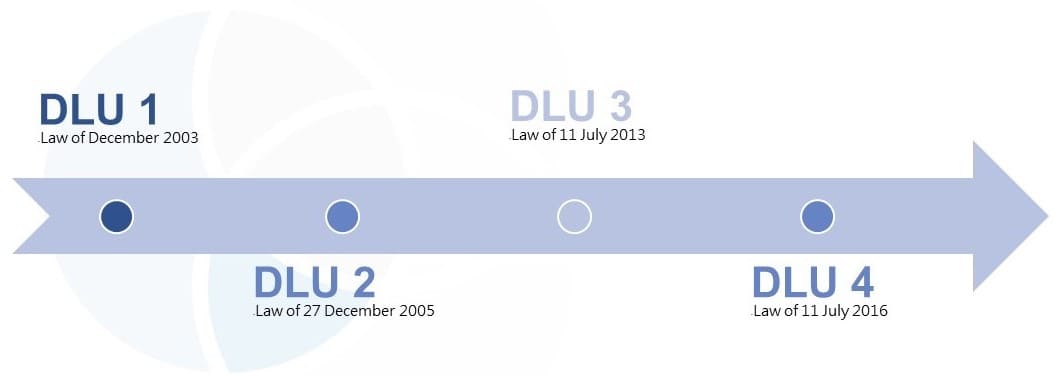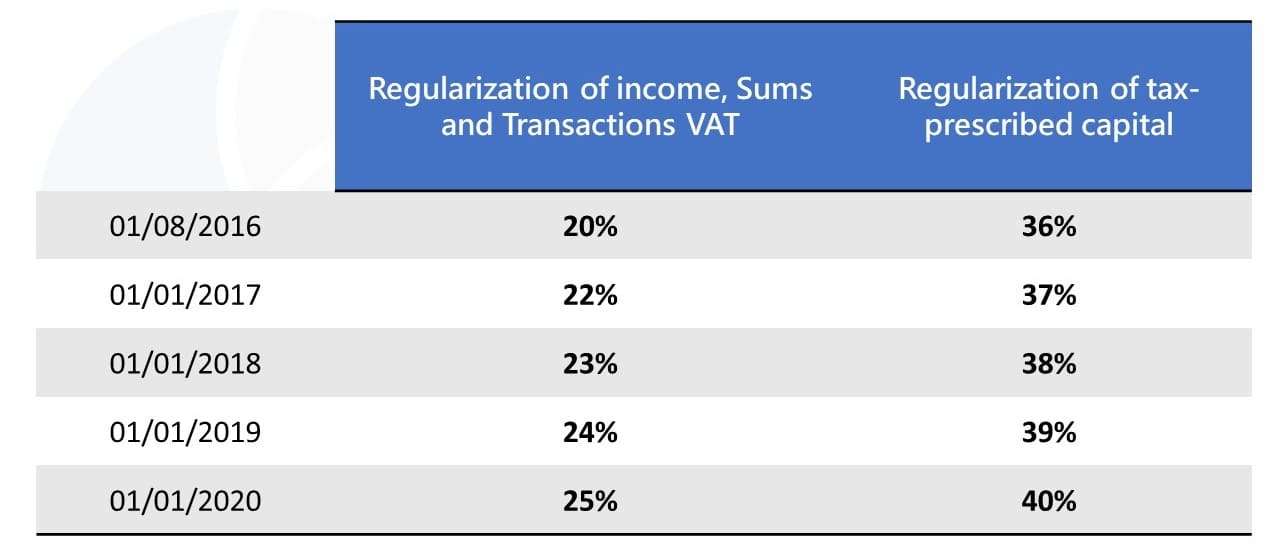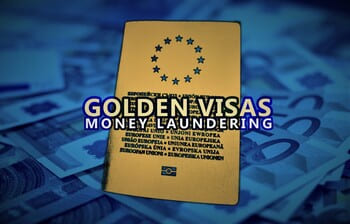What is DLU and how has it evolved through the years?
The declaration-regularisation is applicable for income, sums, transactions VAT and capital. The legislation refers both to individuals and entities.

Why introducing a DLU 4 for fiscal regularisation?
More precisely, the second DLU included provisions regarding non-prescribed capital; however, nothing was provided for prescribed capital.
In 2013 the third DLU introduced the idea to regularise prescribed capital, but it was only in 2016 that the new DLU 4 was devoted to this provision. The DLU 4 introduces the obligation for the contributors to declare (prescribed and non-prescribed) capital to the Belgian tax authority. It establishes a permanent fiscal regularisation mechanism against the "spontaneous" system established so far. This means that the declarants cannot impulsively and whenever they wish, declare their accounts. Since 2016, it is the authority who invites the applicants to submit their declarations during a specific period.
In exchange for their "honesty", the contributors will be offered fiscal and penal immunity. The declaration-regularisation can be used as evidence in case of a court procedure for administrative or other public services purposes.
Article 11 of the Belgian Law of 21 July 2016 provides some exceptions, according to which regularisation is not possible. These are cases where the money comes from illicit activities related to money laundering, financing of terrorism, organised crime, illicit trafficking of drugs, exploitation of prostitution, corruption in public position, environmentally severe crimes and other cases listed in the law. The regulator wants to avoid the "legalisation" of money coming from serious crimes.
How to submit your DLU foreign account declaration ?
You can find templates of the declaration forms provided under the Federal Public Finance Service webpage.

Accompanying documents will be submitted in 6 months after the submission of the DLU at the latest. If something is generated after the declaration was submitted and it is not relevant to the amount in the declaration, it will not be part of the DLU and will not be raised as a point in the future (i.e. for administrative or judiciary purposes). In some cases, there may be necessary to include an explanation of the fraud schemes from where the money is coming from. A levy will have to be paid also in 15 days. The declaration is submitted to the Point of Contact-Regularisations ("PCR" in French) which is created by the Federal Public Finance Service. The point of contact transmits the information to the Processing Unit. A FAQ DLU Quater (in French) was published by the Belgian government to provide clarifications and guidance for the declaration process.
The individuals, after declaring income, sums, transactions VAT and capital, will have to pay the normal tax plus an additional 20-25% (the percentage changes every year, in 2020 it will be 25%). Tax prescribed income taxation is between 36-40% (the percentage changes every year) on the capital. The table below shows how tax percentages increased progressively :

Is fiscal and penal immunity enough to prompt Belgians to declare their foreign assets?
Declarants should keep in mind that the DLU is not possible if they have been informed before submitting the declaration that an investigation will start against them by a Belgian judicial, tax administration, social security institution or a social inspection service or the Federal Public Finance Service.






Thank you for this summary of DLU application!